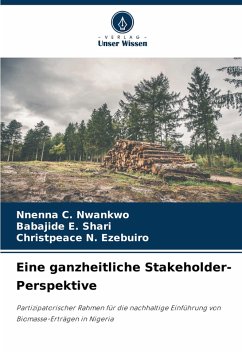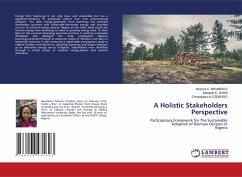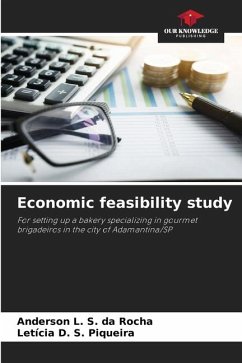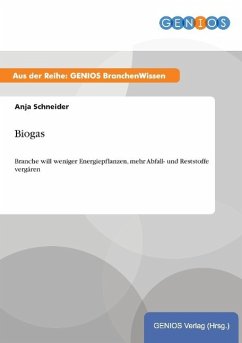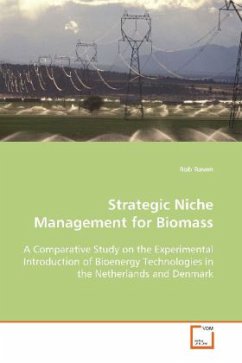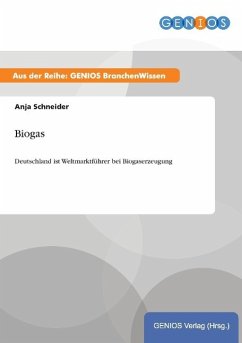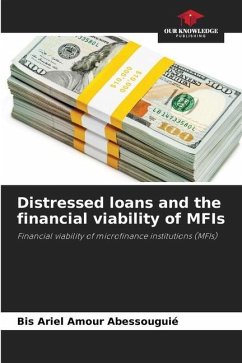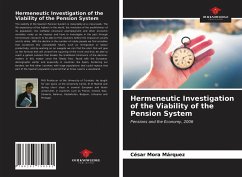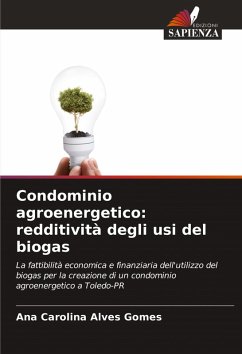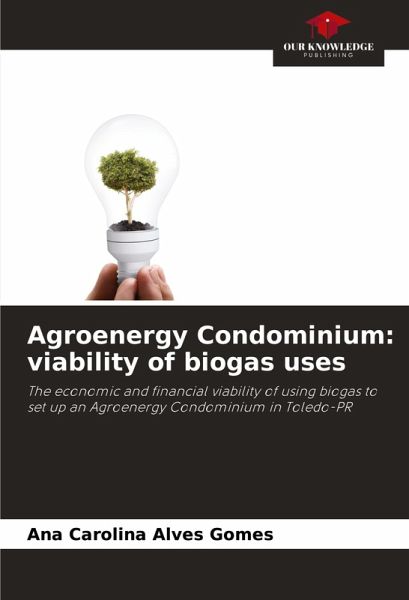
Agroenergy Condominium: viability of biogas uses
The economic and financial viability of using biogas to set up an Agroenergy Condominium in Toledo-PR
Versandkostenfrei!
Versandfertig in 6-10 Tagen
36,99 €
inkl. MwSt.

PAYBACK Punkte
18 °P sammeln!
The productive activities of the agricultural sector are highly dependent on various forms of energy, making it necessary to develop and implement technological alternatives with a view to self-sufficiency at reduced costs and with fewer socio-environmental impacts. The use of biomass for energy generation offers important potential, since it provides rational use of available resources, reduces the transfer of income to other agents and reduces dependence on external energy sources. With this in mind, the aim of this book is to analyze the economic viability of implementing a project to gener...
The productive activities of the agricultural sector are highly dependent on various forms of energy, making it necessary to develop and implement technological alternatives with a view to self-sufficiency at reduced costs and with fewer socio-environmental impacts. The use of biomass for energy generation offers important potential, since it provides rational use of available resources, reduces the transfer of income to other agents and reduces dependence on external energy sources. With this in mind, the aim of this book is to analyze the economic viability of implementing a project to generate vehicular energy from animal waste in the Lajeado Grande watershed, in the municipality of Toledo, Paraná. Field and bibliographical research was carried out, with 39 questionnaires being applied to each of the properties that work with animal production in the Lajeado Grande watershed. In this way, the possibility of using the biogas produced in the Condominium to replace natural gas - biomethane - was analyzed, and positive viability was concluded given the characteristics of the community, the energy demanders and the economic results.






